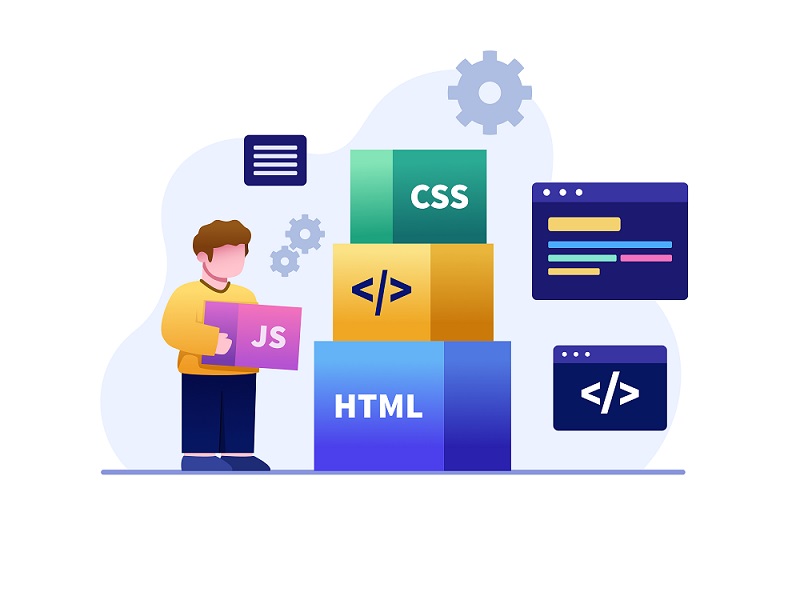
In today’s digital-first world, having a website is no longer optional for businesses—it’s essential. But building a website involves more than just selecting a domain name and a hosting provider; it begins with choosing the right website development platform. The platform you choose serves as the foundation for your website’s functionality, performance, and scalability, making this decision critical to your online success.
Here’s how you can select the best platform for your business needs:
1. Understand Your Business Goals
Before diving into the technicalities, clearly outline your business objectives. Are you creating a blog, an e-commerce store, or a portfolio? Each type of website requires different features:
- E-commerce: Platforms like Shopify or WooCommerce (a WordPress plugin) are tailored for selling products online.
- Blogs or Content Websites: WordPress, with its customizable themes and plugins, excels in this domain.
- Portfolios: Platforms like Squarespace and Wix offer visually stunning templates ideal for showcasing creative work.
Your goals will guide your choice, ensuring the platform meets both your immediate and long-term needs.
2. Ease of Use
Not everyone is a coding expert, and that’s okay. Some platforms are designed with user-friendly interfaces, making website creation straightforward.
- Beginner-Friendly Options: Wix and Squarespace provide drag-and-drop editors, allowing you to create a site without any technical skills.
- Developer-Friendly Platforms: If you have coding experience or plan to hire a developer, platforms like WordPress or Joomla offer unparalleled customization.
3. Scalability and Flexibility
Your business will grow, and your website should grow with it. Choose a platform that can adapt to your changing needs.
- WordPress: Known for its extensive library of plugins and themes, it can handle everything from a simple blog to a complex e-commerce store.
- Shopify: Its robust e-commerce features make scaling seamless for online retailers.
4. SEO and Performance Capabilities
A visually appealing website is meaningless if it doesn’t rank on search engines. Your chosen platform must have built-in SEO tools or support plugins that optimize your site for search engines.
- WordPress: Offers SEO plugins like Yoast and RankMath, providing granular control over meta descriptions, keywords, and more.
- Shopify: Comes with basic SEO tools, but you might need additional apps for advanced optimizations.
5. Cost Considerations
Budget plays a significant role in your decision. Evaluate not only the upfront costs but also recurring expenses for hosting, plugins, and updates.
- Low-Cost Platforms: Wix and Weebly offer affordable plans for smaller businesses.
- Premium Options: Platforms like Shopify and WordPress (self-hosted) may require higher investments but offer superior functionality and scalability.
6. Integration with Third-Party Tools
Your website doesn’t operate in isolation; it should integrate smoothly with tools you use for email marketing, customer relationship management (CRM), and analytics.
- WordPress: Offers integrations with tools like MailChimp, HubSpot, and Google Analytics.
- Squarespace: While not as flexible, it supports key integrations for small to mid-sized businesses.
7. Community and Support
When issues arise, having access to support can be a lifesaver. Platforms like WordPress boast large communities and extensive documentation, while Wix and Shopify offer 24/7 customer support.
Conclusion
Choosing the right website development platform is a pivotal step in establishing your online presence. Whether you’re launching an e-commerce store, a content website, or a portfolio, the platform you select will shape your digital journey.
Ready to build your dream website? Partnering with a professional website development agency can make all the difference. From strategy to execution, experts can help you create a website tailored to your unique business needs.
Let us help you turn your vision into reality. Contact us today and take the first step toward digital success!
Comments are closed